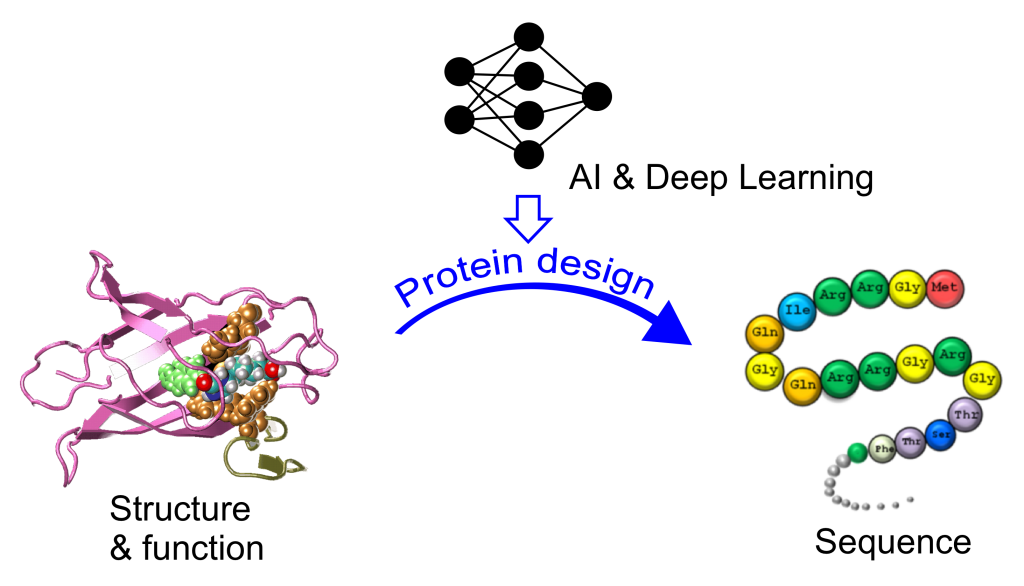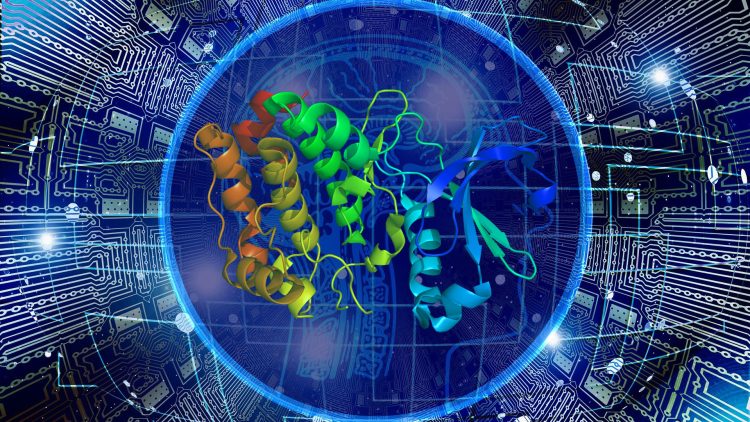Introduction: A Leap in Protein Engineering
In the ever-evolving realm of life sciences, recent advancements have ushered in a transformative era for protein engineering. Researchers from Brigham and Women’s Hospital and Beth Israel Deaconess Medical Center in the United States have unveiled a groundbreaking AI tool named EVOLVEpro. This innovative platform not only accelerates the design process but also enhances the performance of proteins beyond their natural counterparts. In the latest issue of Science, the team presents six uniquely designed proteins, showcasing EVOLVEpro’s ability to optimize stability, precision, and efficiency.
Transformative Technologies: The Role of AI
For decades, protein engineering has been a prominent field of scientific inquiry. However, the confluence of artificial intelligence and large language models signifies a monumental shift in this domain. The underlying technology of protein language models allows researchers to grasp the “grammar” of proteins, analyzing extensive genomic databases to derive actionable insights for enhancing protein function. Like the most advanced language models, EVOLVEpro augments traditional methods with deep reasoning capabilities, paving the way for protein innovations.
Breakthrough Discoveries: Designing Six Enhanced Proteins
Employing EVOLVEpro, the research team meticulously crafted six distinct proteins, leading to remarkable outcomes. Notably, two monoclonal antibodies, after optimization, exhibited a 30-fold increase in binding affinity to their targets. Additionally, the efficiency of a miniature CRISPR nuclease for gene editing soared fivefold. Proteins designated for gene editing doubled their efficacy in integrating sequences at various genomic locations, while the Bxb1 integrase achieved a fourfold increase in efficiency for programming gene integration through DNA insertion. Remarkably, the T7 RNA polymerase showcased a staggering 100-fold enhancement in its ability to accurately replicate RNA.

Beyond Evolution: The Advantages of AI-Driven Design
One of the most significant advantages of this technology is its liberation from the constraints of natural evolution. By leveraging AI, researchers can tailor protein designs to meet specific requirements, yielding superior performance, rapid responsiveness, and enhanced strength. This potential extends to practical applications, such as developing therapeutic approaches that significantly improve interaction with targets, thereby advancing treatment modalities and functional capabilities.
Future Implications: Human Ingenuity in Protein Design
The implications of this technology are vast. Humans now have the potential to create proteins that not only match the quality of natural products but exceed them in addressing unprecedented challenges. This innovation paves the way for the development of more precise antibodies for autoimmune diseases and cancer, the creation of more effective viral vaccines, and the cultivation of crops with enhanced nutritional value or superior carbon dioxide absorption capabilities.
The Essence of Protein Engineering
At its core, protein engineering embodies the application of genetic engineering techniques to modify proteins, thereby refining their properties and functionalities. As the diligent carriers of life’s processes, proteins play a pivotal role in biological systems. They exist not in isolation but in concert with various small molecules, orchestrating numerous physiological pathways. With AI’s prominent involvement in this field, we are witnessing the emergence of proteins designed to be faster, better, and stronger—engineered to help humanity overcome an array of challenges.
Conclusion: Harnessing AI for a Better Tomorrow
In this remarkable chapter of scientific advancement, as AI continues to redefine the boundaries of protein design, we stand on the brink of innovative breakthroughs that could empower us to tackle some of the most pressing issues facing our world today. The creation of proteins that are not only functional but also optimized for specific tasks signifies a leap towards a future where biotechnology meets the intricate needs of humanity.











































Discussion about this post